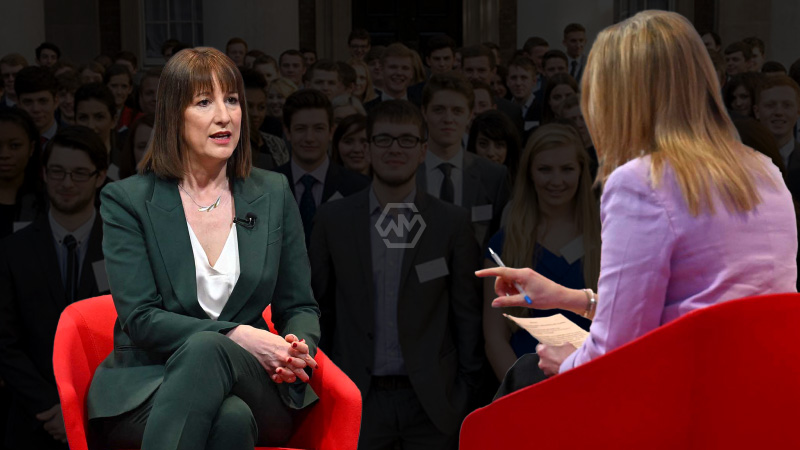- UK plans to reduce Civil Service administrative costs by 15% over four years.
- Expected savings of £2.2 billion annually will be redirected to NHS and capital projects.
- Unions warn of potential job losses and impacts on public services.
The UK government, led by Chancellor Rachel Reeves, has unveiled plans to cut Civil Service administrative costs by 15% over the next four years, aiming to save £2.2 billion annually. The initiative
Reeves emphasized that these savings will be reallocated to priority sectors like capital investment and the NHS. However, union leaders have raised concerns, arguing that such cuts could impact essential public services and government efficiency.
Reeves’ Civil Service Cuts Spark Debate Over Public Services
The government argues that reducing bureaucratic expenses is necessary to improve financial stability without raising taxes. By reallocating savings to infrastructure and healthcare, the administration hopes to drive economic growth while maintaining essential services.
Despite these assurances, critics fear that these cuts could lead to job losses and inefficiencies in government operations. Unions warn that reducing staffing in critical departments may hinder service delivery, potentially affecting millions of citizens.
This move aligns with the UK’s broader fiscal policy aimed at curbing borrowing while adhering to strict spending limits. The government believes that cutting unnecessary administrative roles will enhance efficiency, making public funds more effective.
On the other hand, opposition leaders argue that targeting the Civil Service may weaken essential government functions, leading to long-term consequences. They suggest alternative measures, such as improved tax policies, to generate revenue without job losses.
While the government sees these cuts as a necessary financial strategy, critics remain skeptical about their impact on public services. The long-term success of this policy will depend on its execution and the ability to mitigate unintended consequences.
“Efficiency is doing better what is already being done.” — Peter Drucker



